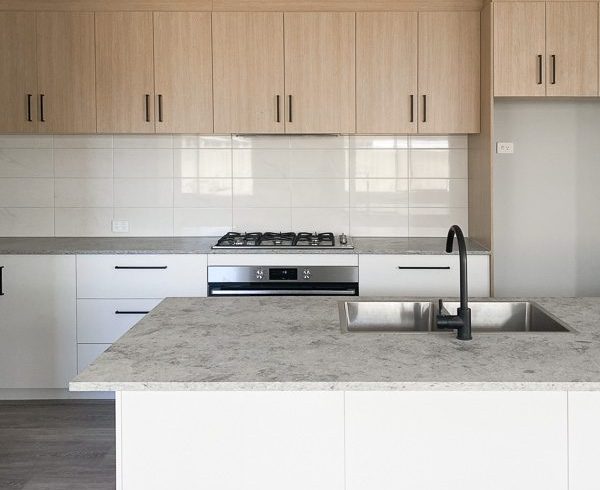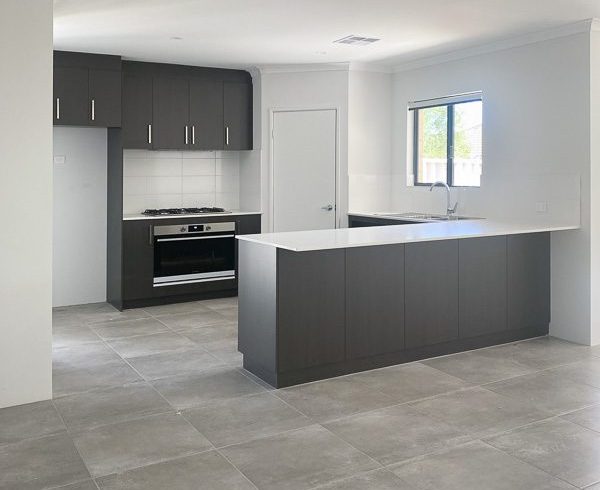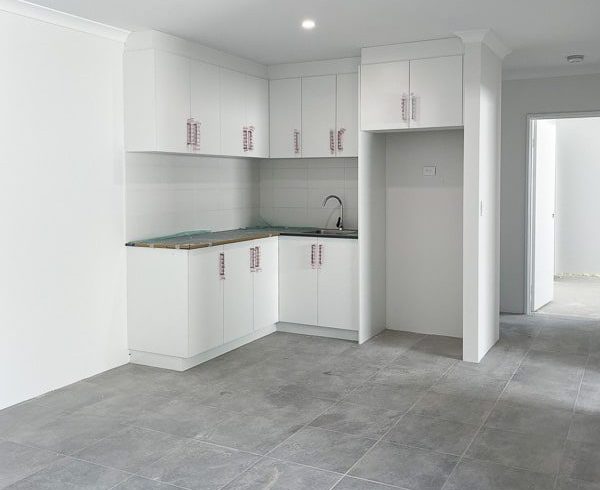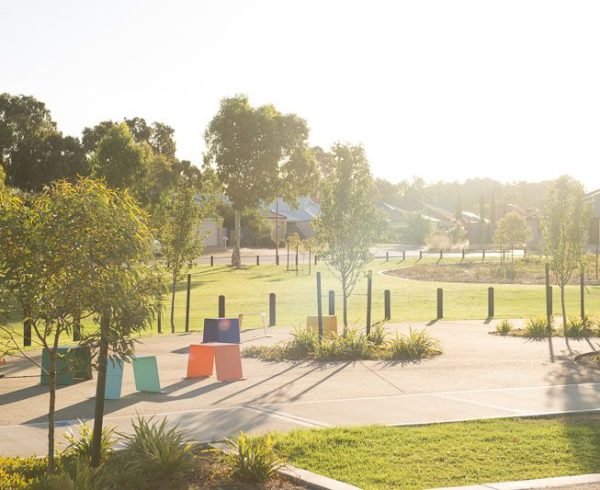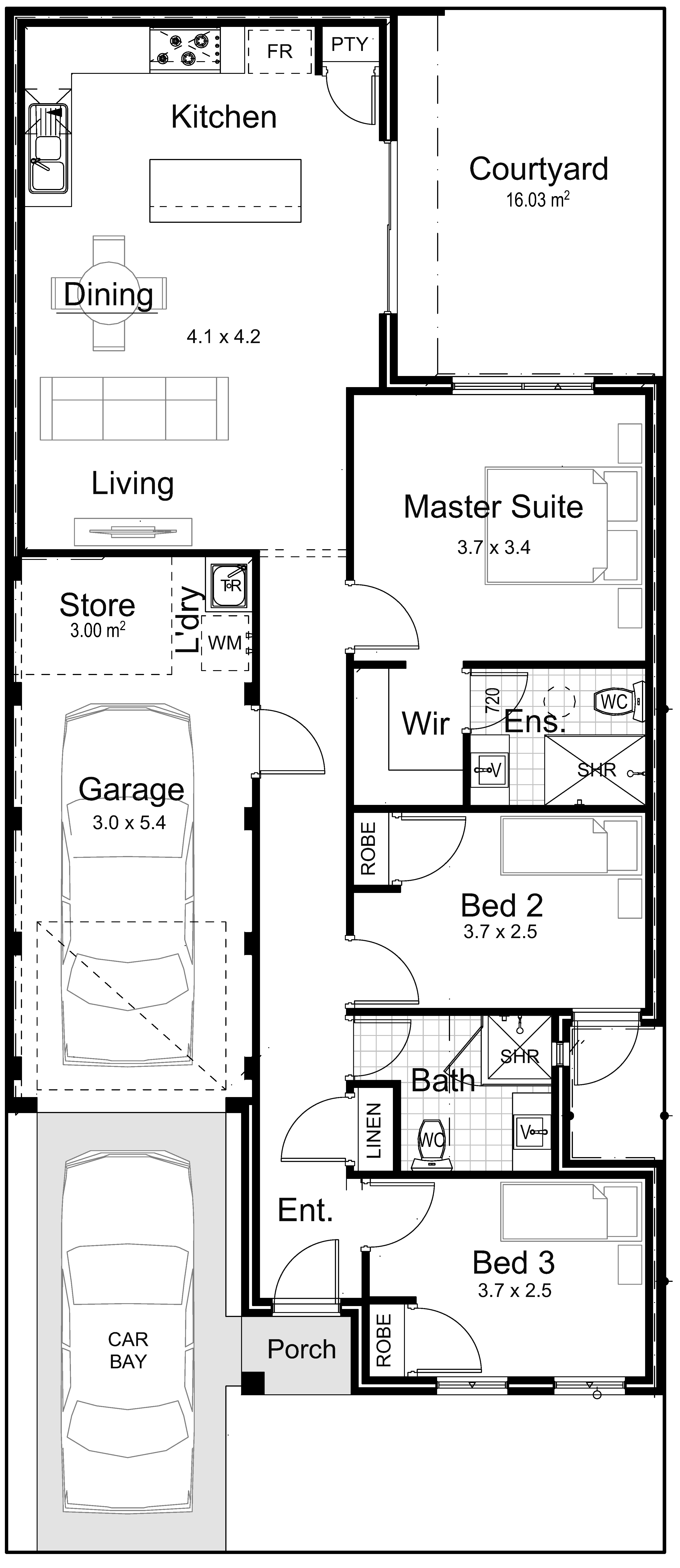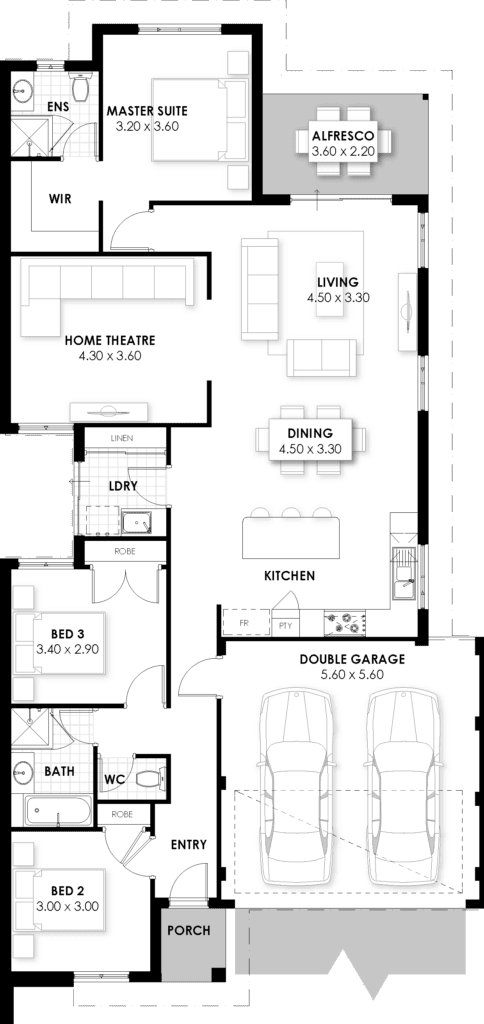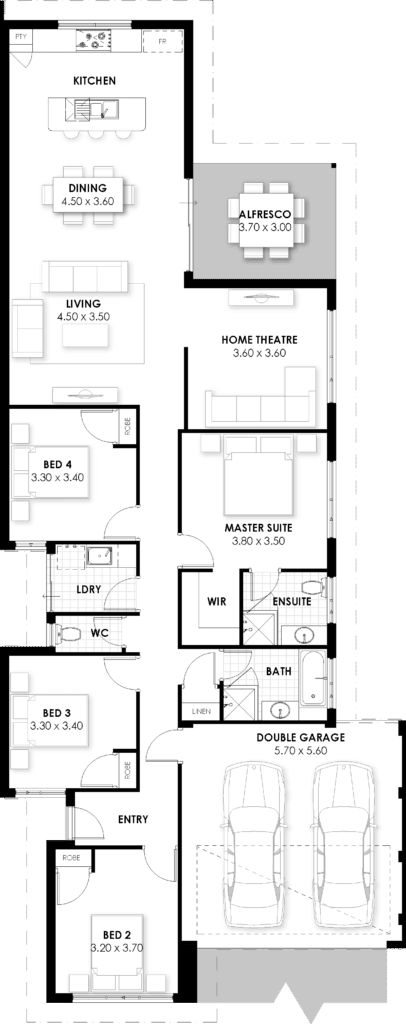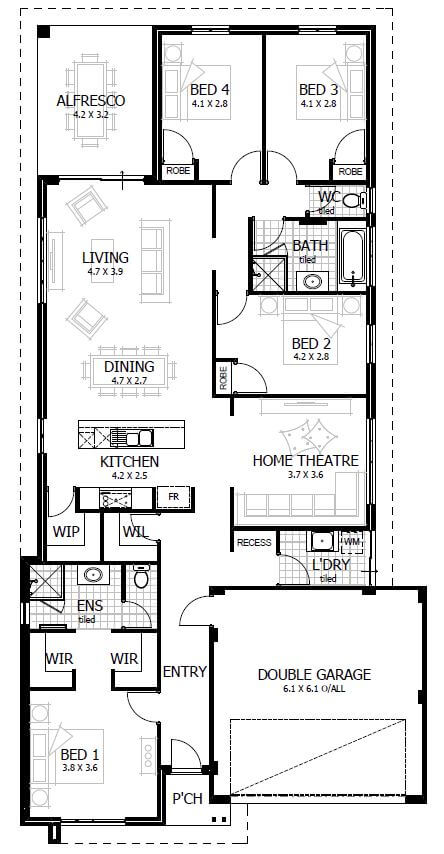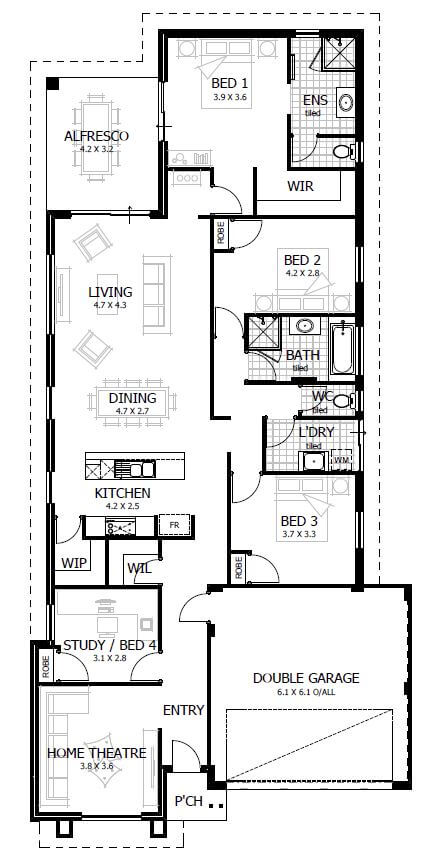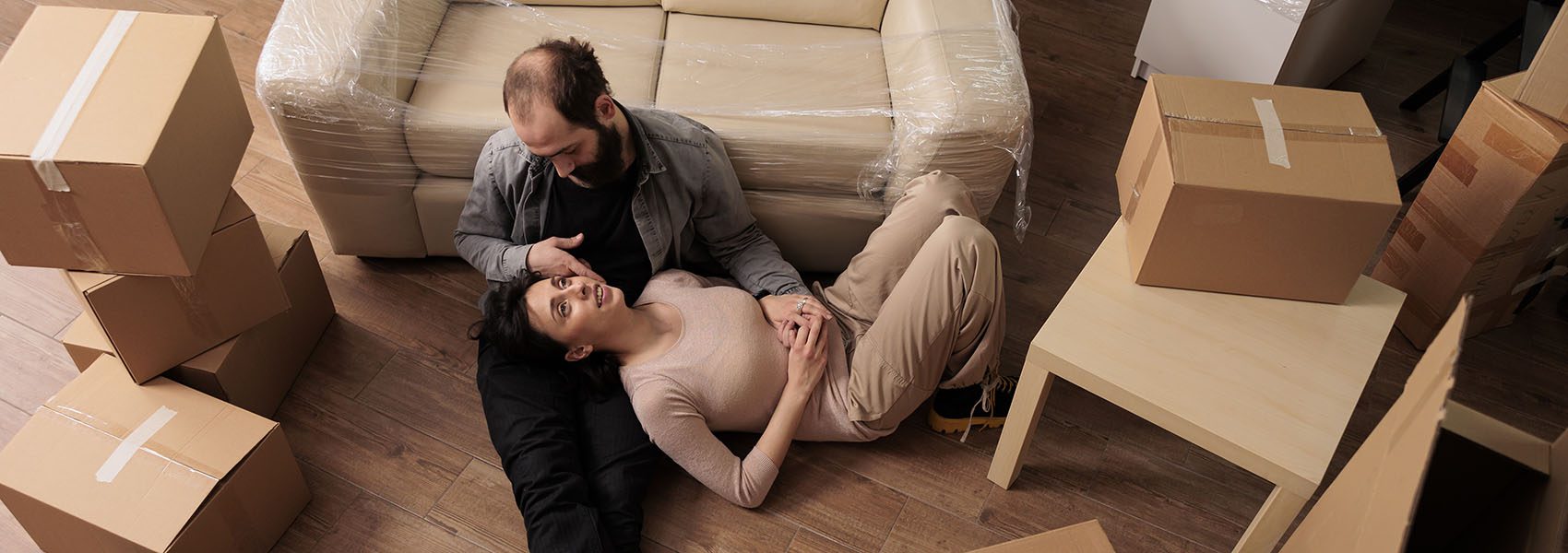

Rising interest rates, the RBA lifting cash rates, and borrowing capacity. Finance experts have been discussing these terms in great depth to predict what will happen to the housing market. But if you’re a first home buyer (or you aren’t a finance nerd), it can be hard to understand how they all affect you.
So we’ve broken down the key terms and how they actually apply to every day Aussies.
But first things first…
We’re not a mortgage broker or a bank. We’ve written this blog post to help you understand more about what interest rates are because many articles don’t break down how it affects your borrowing capacity. So if you’ve got questions about your particular finances, fill out the form below and we can chat.
What is the cash rate and how does it affect interest rates?
The cash rate is set by the Reserve Bank of Australia (RBA) and reflects the market interest rate on overnight funds. That’s a very brief summary, but you can check out the RBA website for a more in-depth explanation if you want. The RBA meet once a month to decide if the rate stays the same or changes.
Interest rates are set by each bank. When the cash rate increases, it is common for banks to increase their interest rates.
Why has the cash rate been increasing?
The cash rate has been increasing to slow down inflation.
During the COVID-19 pandemic, the cash rate was reduced to 0.10% which is the lowest it has ever been. This was to encourage more household spending, because lower loan repayments means more cash in the back pockets of Australians.
Fast forward a few years and while our spending has increased, so too has inflation. COVID-19 disruptions, supply chain issues, floods and the war in Ukraine have all contributed to higher prices. So by increasing the cash rate, which results in higher interest rates, households are expected to spend less.
How do cash rates and interest rates affect my borrowing capacity?
If you’re looking to buy a home, a higher cash and interest rate will reduce your borrowing capacity.
A general rule of thumb is that an applicant’s borrowing capacity drops by around 5% every time the cash rate increases by 50 basis points. For example, increasing from 1% to 1.5%.
Here’s an example provided by REA that might make a bit more sense. In April 2022 when the cash rate was 0.1%, a borrower was pre-approved for a maximum of $600,000. If the cash rate increases to 3.35%, they may only be able to borrow $432,000.
So should I buy a home when interest rates are lower?
There’s a famous saying that “the best time to buy a home was 5 years ago”. This isn’t because of interest rates or environmental factors. It’s because the money you’re spending on rent could be going towards your mortgage. And for many people, they also develop equity in their home.
We know it’s tempting to wait until the rates lower, but no one knows when that will happen. So we recommend reaching out to your mortgage broker as they will be the best person to answer that question, because they can look at your unique circumstance.
First Home Buyers
Check out our free eBooks
for you to download!
House & Land
View our house & land packages
or customise to suit


Sick of reading generic answers to your finance questions? Your circumstances are unique to you, so no matter how hard you Google you probably won’t find the answers. If you email your questions to our team, we will reach out with an answer that is based on you and your needs. All you need to do is write your questions below.







